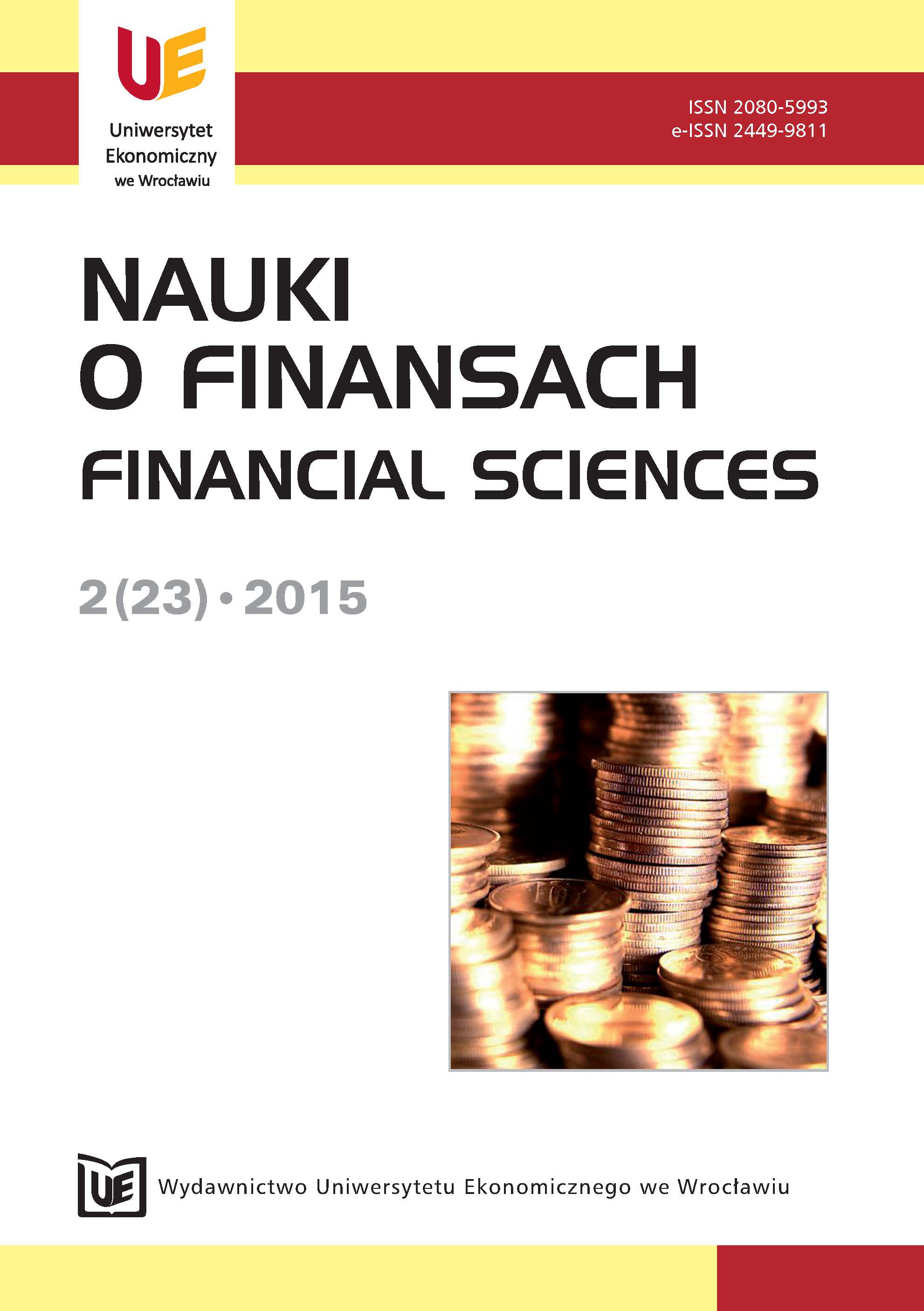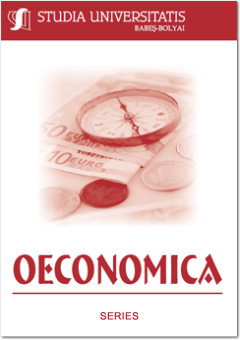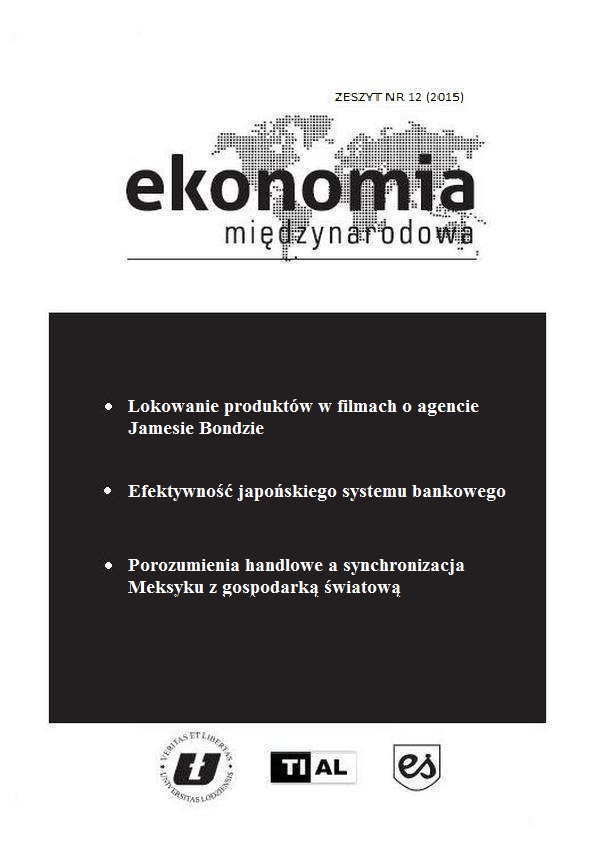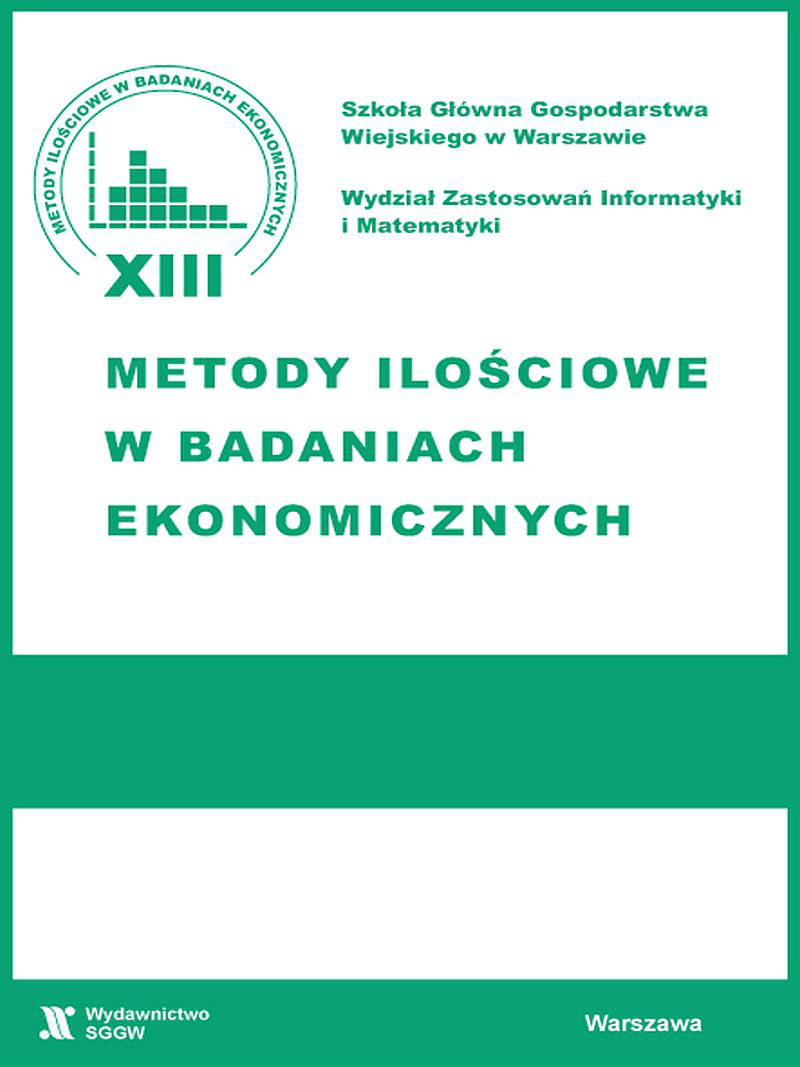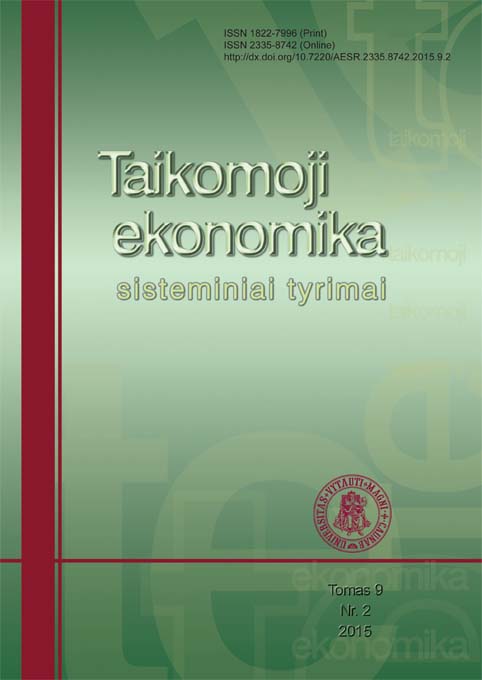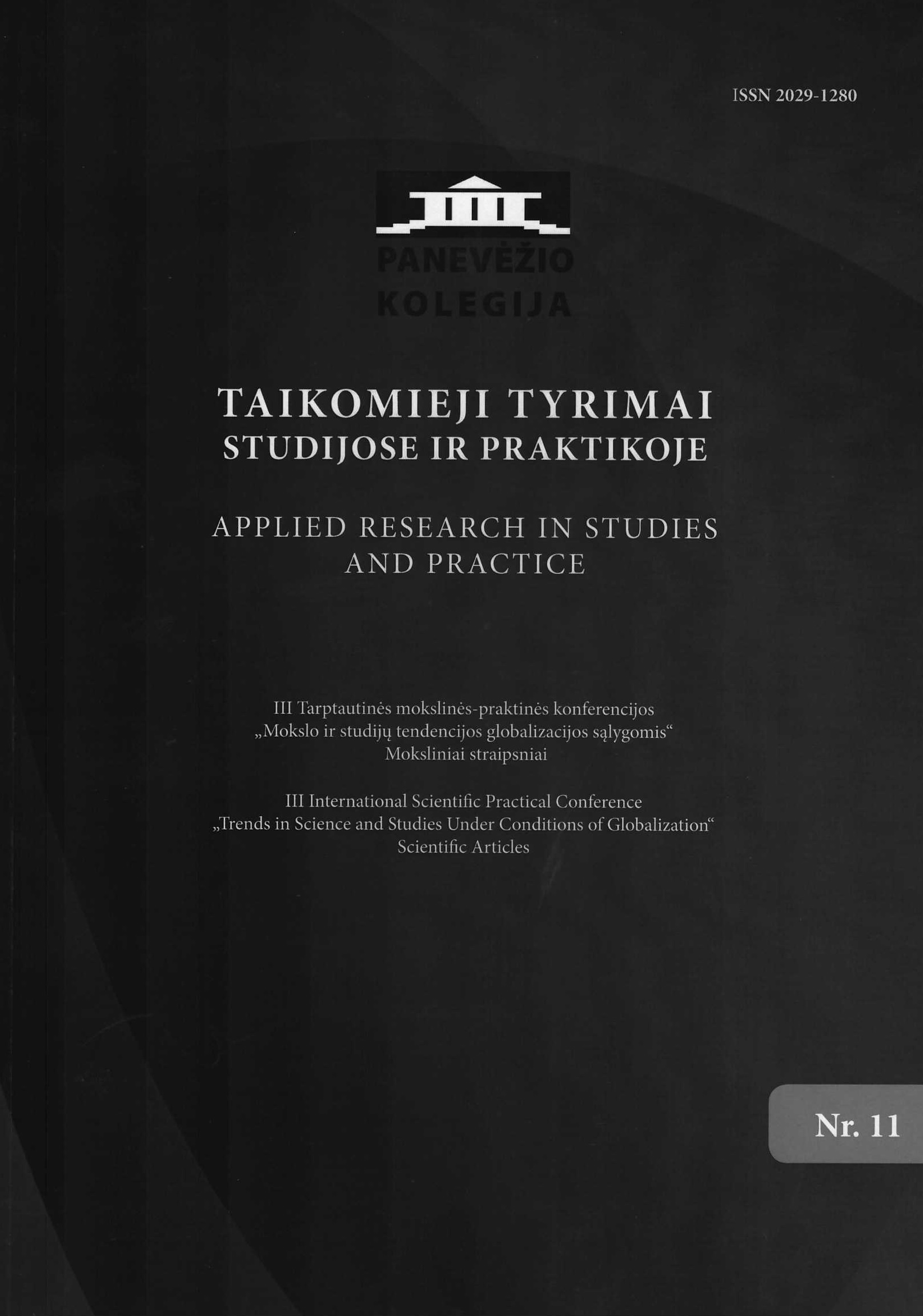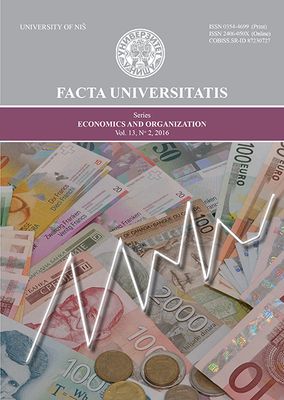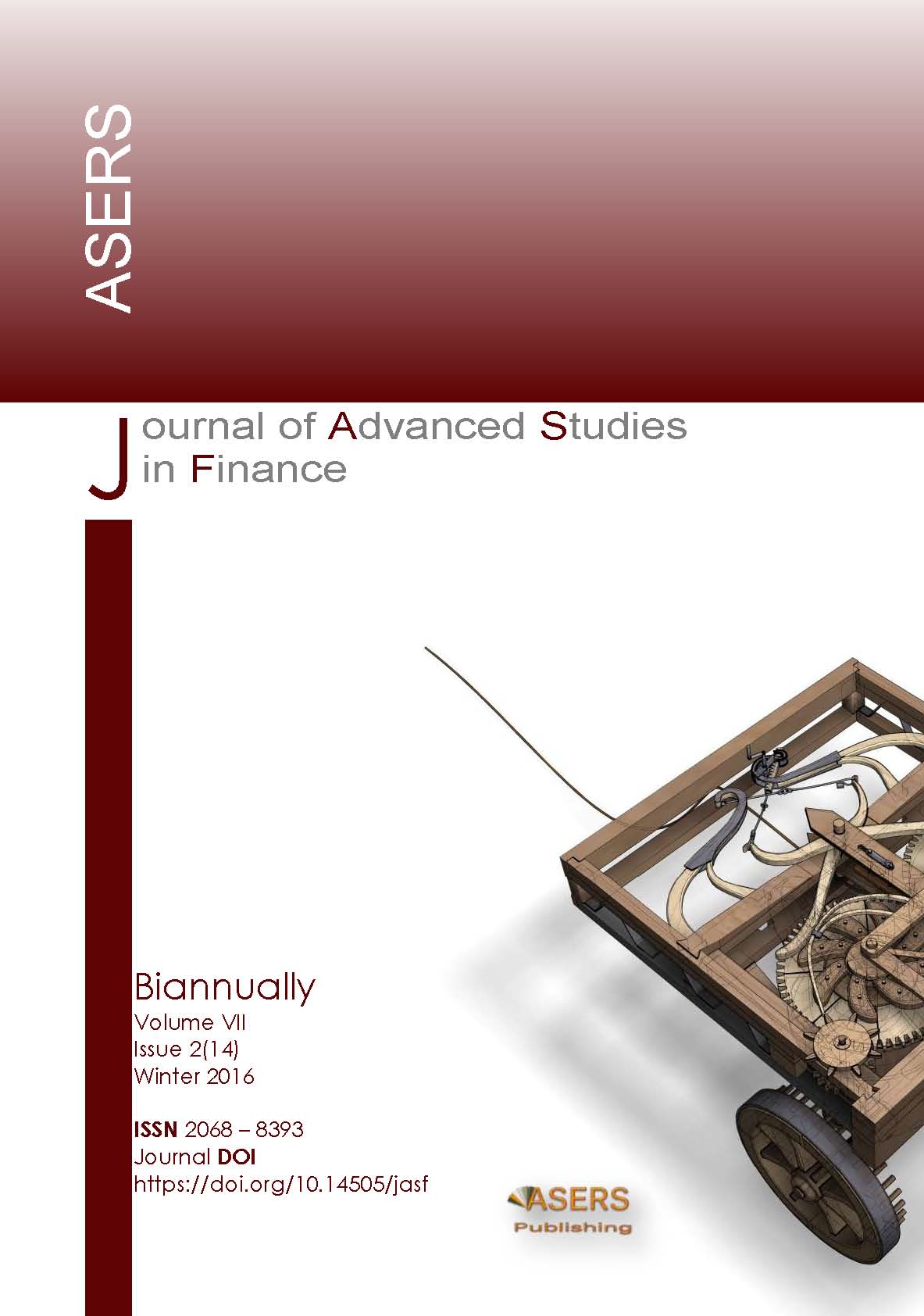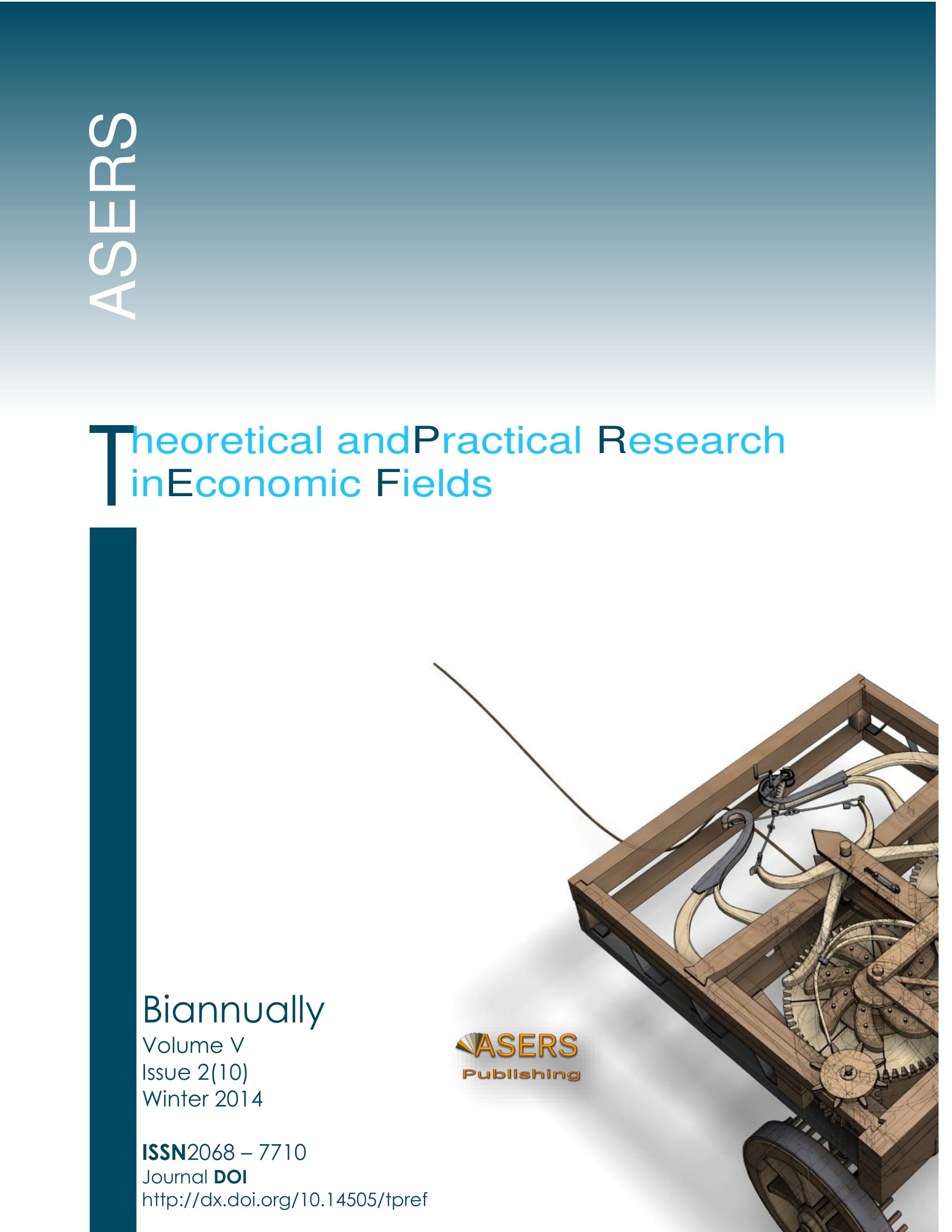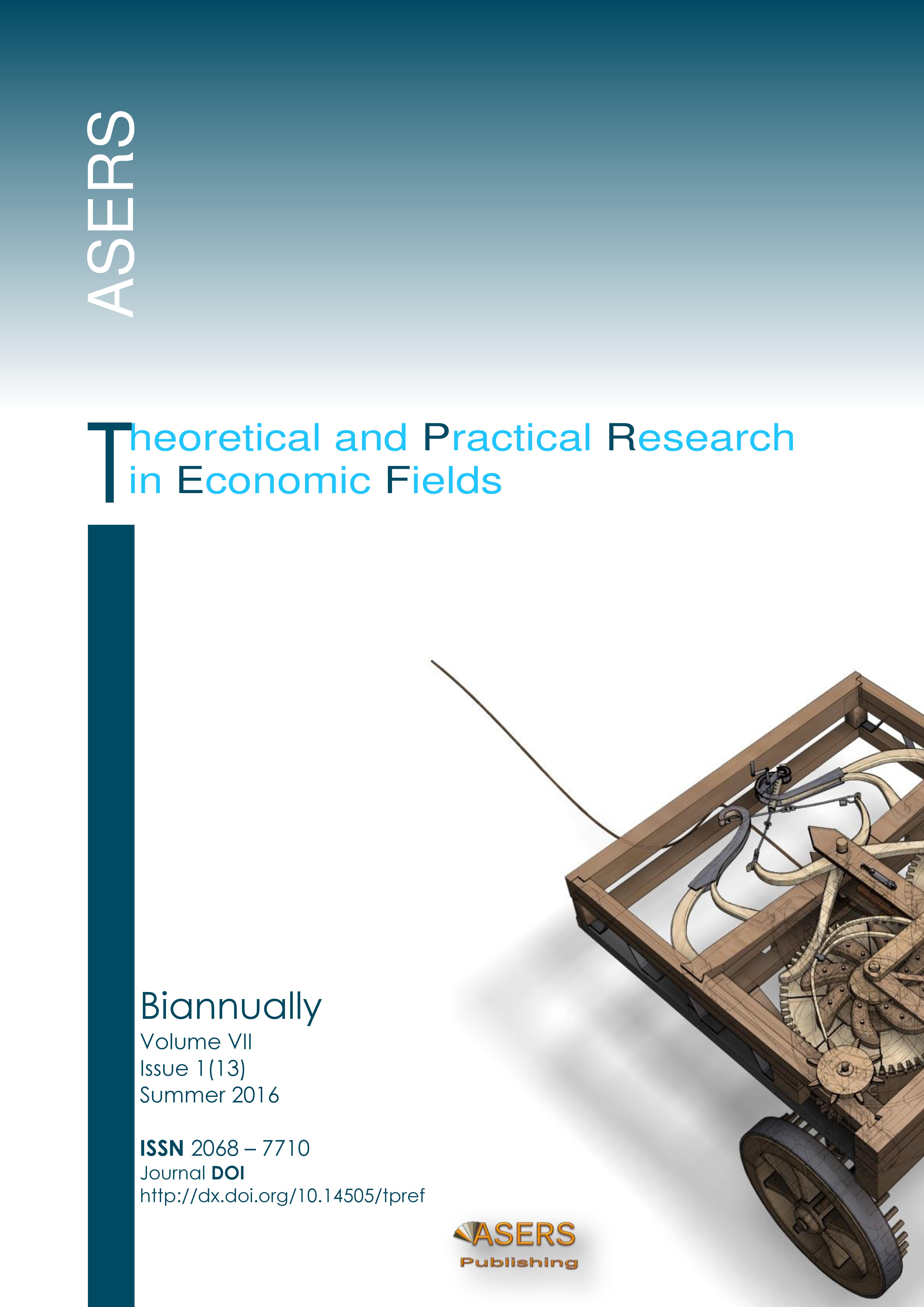Author(s): Sasan Amini,Mohammad Nazaripour,Mohamad Karimi Poya / Language(s): English
Issue: 40/2014
Share return is one of those complicated abstraction which is interested by investors and decision makers the share return prediction is a vital issue which has involved the financial analyzers mind to itself. Various theories include capital assets pricing model (CAPM), factorial models (FM), Arbitrage model, Technical model (TM), and fundamental analyses (FA) for purpose of share return prediction and recognition have been discussed. The share return fundamental analyze is a function of massive economical condition, Industry position, and particular conditions of the firm. The particular conditions of the firm are consist of financial position and performance which presented in the essential financial statement from. The accounting science acclaims it prepares useful information for decision makers, so one of the information usefulness criteria of accounting and economical information usefulness through return share choice for prediction. Communication creation between economical and accounting criteria is the other goal, thus in the case of this result obtaining it can use of economical and accounting analyses for economical return and value extraction. The research location zone includes of accepted firms in Tehran exchange market, the temporality zone is the gap between 1386 and 1390, too. The research is consist of two independent varieties (economical criteria and accounting criteria), dependent variety (share return). This research is consisting of a direct hypothesis and 6 indirect ones. in the consideration of presented statistical analyses and total summery of research hypothesis assessment, stood over research independent varieties meaningful relation with share return prediction in existing firm performance measurement in Tehran capital exchange market during 2007 and 2011 is existed, between this research proportion is return of assets, earning per share, economical add value ratio, retained earning ratio with positive quantity market add value with negative quantity which statistically shows a meaningful relation with active firms share return in Tehran market. The economical add value ratio has the biggest relation with the share return prediction. So the first hypothesis in this research is (return of assets ratio), secondly (earning per share), thirdly (economical add value), fourthly (market add value) and sixthly (retained earnings) being emphasized.
More...
